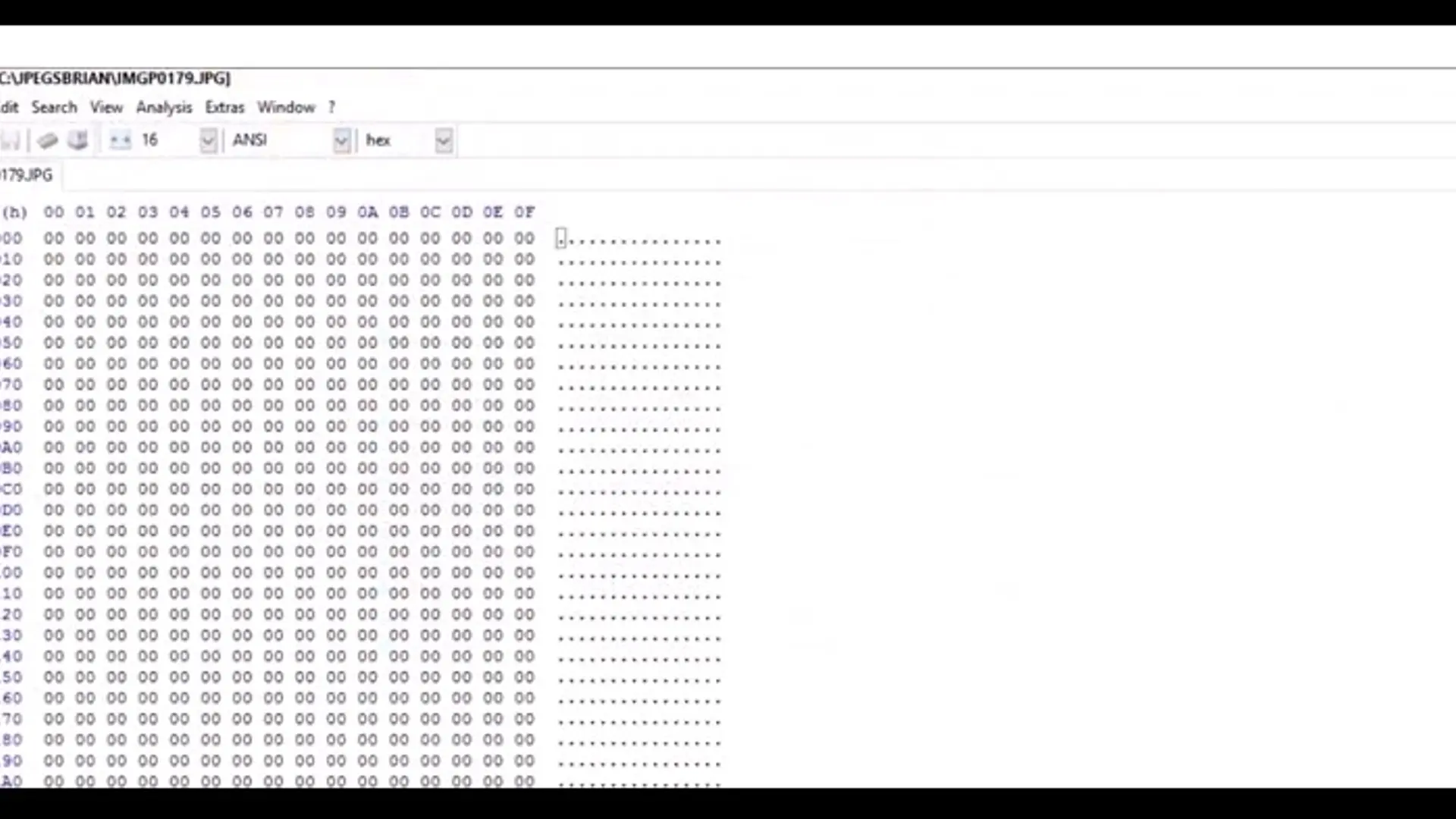

MSME- an abbreviation of Micro, Small & Medium enterprises- is the pillar of economic growth in many developed, and developing countries in the world. Often rightly termed as “the engine of growth” for India, MSME has played a prominent role in the development of the country in terms of creating employment opportunities-MSME has employed more than 50 million people, scaling manufacturing capabilities, curtailing regional disparities, balancing the distribution of wealth, and contributing to the GDP-MSME sector forms 8% of GDP. Though India is still facing infrastructural problems, lack of proper market linkages, and challenges in terms of flow of institutional credit, it has seen a tremendous growth in this sector. The advantage of this sector is it requires less investment, thus creating employment on a large scale, and reducing the employment and underemployment problems. Moreover, this sector has survived almost all threats emerging out of still completion from both domestic and international market.
To encourage the growth of MSME, both state and central governments have conceptualized it in such as a way as to provide maximum benefits to the enterprises falling under the MSME sector. Registration of an MSME is not legally mandatory but registering it will help you reap several benefits from the government including credit at low interest rate, incentives on products for exports, excise exemption, statutory aid such as reservations, and the interest on the payments delayed due to unavoidable circumstances. Even now msme registration known as udyog aadhar registration from the 2015.
The benefits offered to MSME enterprises are based on the classification of Micro, Small and Medium sized enterprises.
a) The following conditions are applicable to the enterprises engaged in manufacturing of goods, preservation or processing of food items.
Category Investment in plant and machinery
1 Micro Enterprise <=25 lakh
2 Small Enterprise >25 lakh and <5 crore
3 Medium Enterprise >5 crore and <10 crore
While the investment in plant and machine for micro enterprises should be less than 25 lakh, and that for small enterprises should be greater than 25 lakh but less than 5 crore, the investment in plant and machinery for medium sized enterprises should be greater than 5 crore but does not exceed the value of 10 crore.
b) The following conditions are applicable to the enterprises engaged in proving or offering services.
Category Investment in furniture and equipment
1 Micro Enterprise <=10 lakh
2 Small Enterprise >10 lakh and <2 crore
3 Medium Enterprise >2 crore and <5 crore
While the investment in furniture and equipment for micro enterprises should be less than 10 lakh, and that for small enterprises should be greater than 10 lakh but less than 2 crore, the investment in furniture and equipment for medium sized enterprises should be greater than 2 crore but does not exceed the value of 5 crore.
Let us look at some of the key benefits of MSME Registration given by the government to enterprises under MSME category:
1. Reservation Policy:
Reservation policy is one of the most vital benefits given to enterprises in the form of a policy under this sector. To ensure that the MSME sector is not affected by the stiff competition in the market, the central government has given exclusive rights to manufacture certain products only to this sector. Under the Government Stores Purchase Program, the central government has reserved the purchase of more than 300 products exclusively from this sector.
For example, wooden furniture and fixtures, pickles, bangles, ground nut oil, mustard oil, bread, jute, brakes and clutches for automobile corporations, among others
2. Entrepreneurial Memorandum policy:
Filing of Entrepreneurial Memorandum is mandatory for enterprises engaged in the manufacturing process where as it is optional for enterprises engaged in rendering services. The banks are directed by the Reserve bank of India to allocate certain percentage of their lending to priority sectors like agriculture, Micro, small and medium sized enterprises, loans to poor students for their education, etc. However, medium sized enterprises do not fall under priority sector as they are financially sound. So, filing of entrepreneurial memorandum ensures the MSME enterprises get the benefit lending from banks.
3. Credit Guarantee Fund Trust for Micro and Small sized Enterprises:
Micro and Small Sized enterprise can avail a loan of up to 50 lakh collateral free loan under this scheme. Since the micro and small companies are run by the poor, and the deprived, the RBI has directed banks to sanction collateral-free loans to such enterprises.
4. Capital Aid for Technological upgradation for MSMES:
Some MSMEs may not be able to use their resources to full potential due to lack of the sophiscated technology required. The government, under the Capital Aid for technological upgradation scheme, helps these enterprises upgrade their equipment through latest technology by helping them get low-interest loan from banks.
5. MSME market development assistance for Micro and Small enterprises:
Apart from the reserved products that government has promised to buy from theses MSMEs, they are given marketing assistance even to those products, manufactured by them, which do not fall under the purview of Reservation Policy.
Conclusion:
As Micro, Small and Medium sized enterprises (MSMEs) are considered the “engine of growth” for any developed or a developing country, they are being given every possible benefit so as to make them sustain devoid of any economic conditions. Also, the government has made it compulsory for large corporations to buy certain allied products only from these MSMEs. The benefits offered to them especially in India are huge in terms of support system given to them by both the central and state government. The government also supplies trained professionals to help the owners of MSMEs to learn to run, and operate the enterprise efficiently, to utilize the resources without leading to wastage, to maintain financial records in a systematic manner, and so on and so forth.






